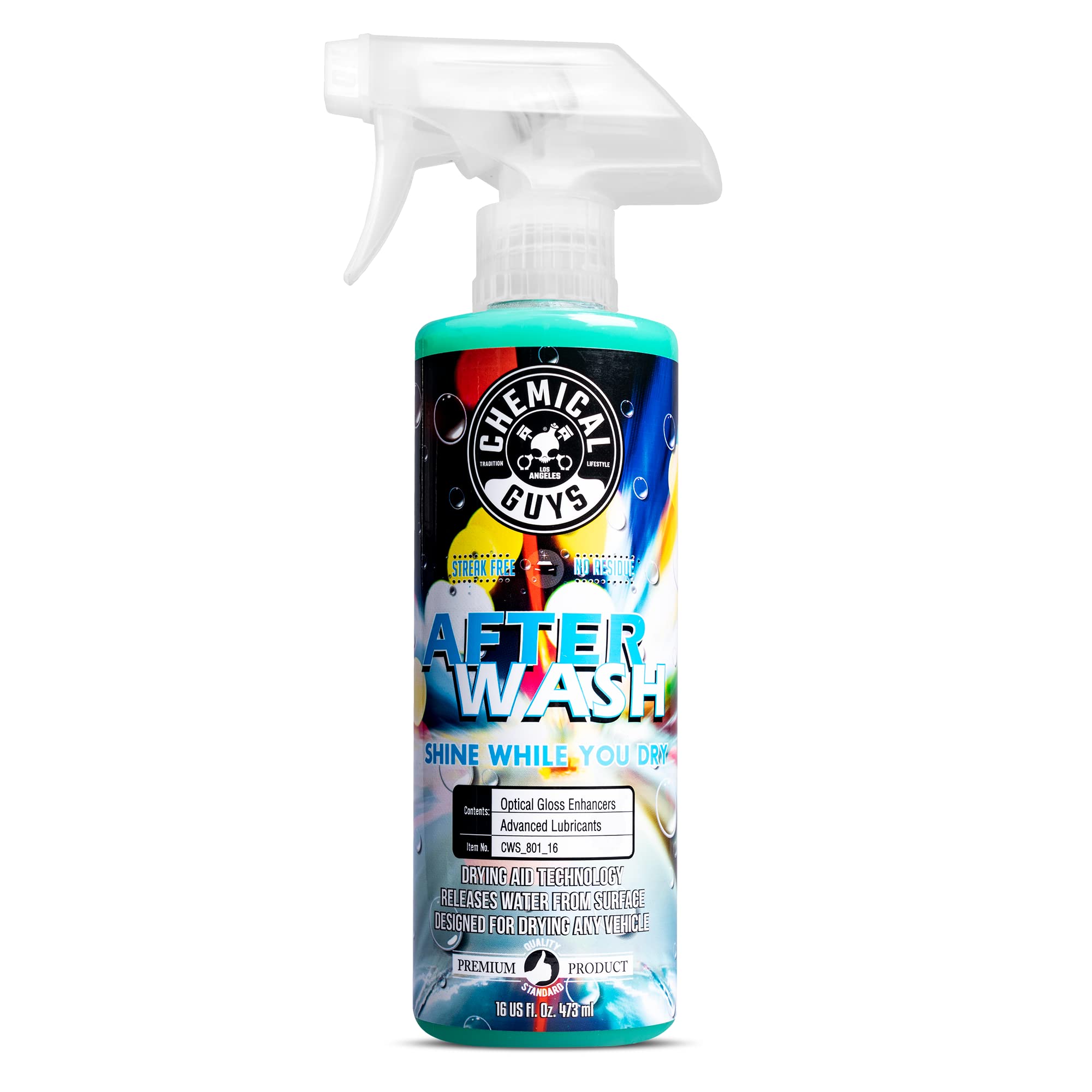When it comes to maintaining the longevity and performance of your vehicle's engine, choosing the right oil is crucial. With a plethora of options available in the market, it can be overwhelming to determine which oil cleans the engine effectively. In this comprehensive guide, we will delve into the factors to consider and provide expert insights to help you make an informed decision.
- Understanding Engine Oil:
Engine oil serves multiple purposes, including lubrication, cooling, and cleaning. It forms a protective barrier between moving parts, reduces friction, and prevents wear and tear. Additionally, it helps to remove contaminants and deposits, ensuring a clean and efficient engine. - Viscosity and API Ratings:
Viscosity refers to the oil's resistance to flow at different temperatures. The Society of Automotive Engineers (SAE) assigns a viscosity grade to oils, such as 5W-30 or 10W-40, indicating their performance in cold and hot conditions. Additionally, the American Petroleum Institute (API) assigns ratings to oils based on their quality and performance standards. - Detergent and Dispersant Additives:
To effectively clean the engine, oils contain detergent and dispersant additives. Detergents help to remove sludge, varnish, and carbon deposits, while dispersants prevent these contaminants from settling and forming harmful deposits. Look for oils with high-quality additives to ensure optimal engine cleanliness. - Synthetic vs. Conventional Oils:
Synthetic oils are engineered to provide superior performance and protection. They offer better resistance to breakdown, improved viscosity stability, and enhanced cleaning properties. However, conventional oils can still provide adequate cleaning if they meet the necessary specifications and are changed at recommended intervals. - Manufacturer Recommendations:
Always refer to your vehicle manufacturer's recommendations for the type and viscosity of oil to use. They have conducted extensive testing to determine the best oil for your specific engine model. Following their guidelines will ensure optimal performance and longevity. - Consider Driving Conditions:
Different driving conditions can impact the cleanliness of your engine. If you frequently drive in stop-and-go traffic or dusty environments, choosing an oil with enhanced cleaning properties becomes even more critical. Look for oils specifically formulated for severe driving conditions. - Regular Oil Changes:
Regardless of the oil you choose, regular oil changes are essential for maintaining engine cleanliness. Over time, oil accumulates contaminants and loses its effectiveness. Follow the recommended oil change intervals to ensure a clean and well-lubricated engine.
Conclusion:
Choosing the right engine oil that effectively cleans your engine is vital for optimal performance and longevity. Consider factors such as viscosity, API ratings, detergent and dispersant additives, and manufacturer recommendations. Additionally, take into account your driving conditions and adhere to regular oil change intervals. By following these guidelines, you can ensure a clean and efficient engine that will serve you well for years to come.


